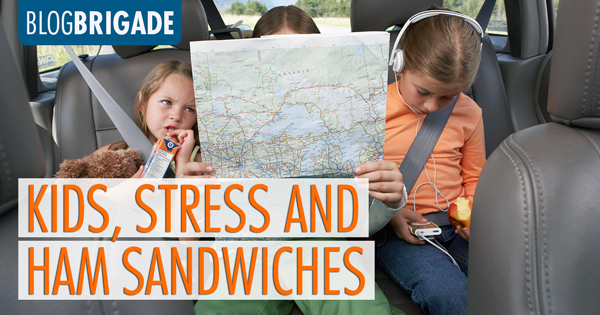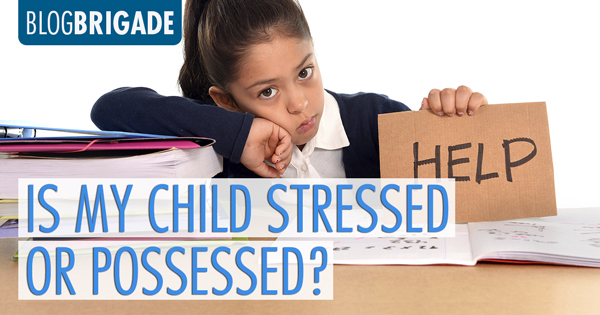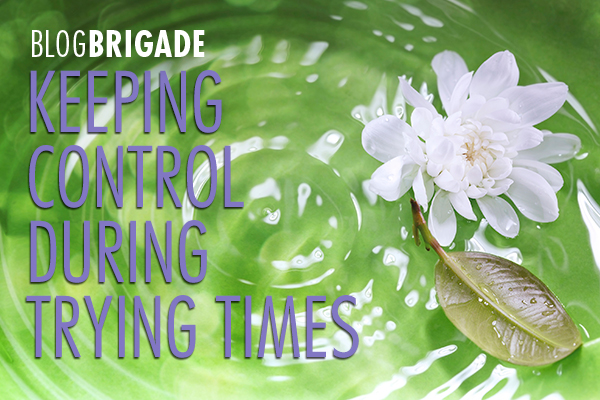

Kristi
Being an adult is pretty cool when you consider that no one will stop me from eating cake for breakfast, I can drive myself places and I can stay up as late as I want. This, by the way, is my oldest child’s impression of adulthood. I’ll let him believe it’s all sunshine and lollipops for now. But us adults know that cake for breakfast means a sugar crash and “hangriness” well before lunch, driving means you aren’t allowed to nap in the car anymore and staying up late is never a good idea when the alarm goes off the next morning.
I don’t know the exact moment I first felt like an adult — probably somewhere around having to pay rent the first time and starting my first real job as a teacher. It snowballed from there. That first year of teaching I had to participate in a mandatory staff training that explained what I was expected to do in an active-shooter situation. Adulthood gets pretty real at that point.
I am so incredibly thankful that I never had to prove my understanding of the active-shooter procedure. But never using that training doesn’t mean it was a waste of time. It was terrifying, but after it I was better equipped to protect myself and my class full of eighth graders. Preparation in and of itself is scary because you’re preparing for the worst-case scenario. We hope we’ll never need it, but its best to prepare for anything you can.
Where to start
We are at a slight disadvantage in the military community because with each move we can be vulnerable to an unfamiliar disaster. I grew up watching hurricanes float right toward my stretch of coastline. That no longer freaks me out. Someone new to a coastal area could easily get wrapped up in the hype on TV, buy an overpriced generator and batten down the hatches only to watch that hurricane float right on by. But, some things are universal. We can always have basic supplies on hand (in an easily accessible location) that prove useful in a disaster situation:
- Flashlights
- Extra batteries
- Important documents (in a waterproof and fireproof safe)
- First aid kit
- Basic tools
- Fire extinguisher
- Basic hygiene products
- Matches in a waterproof container
- Emergency contact numbers and numbers of family, friends and neighbors (cell phone batteries might not hold out, and you could be without all your stored numbers)
And, while it might not be convenient to keep the rest of these stashed at home, make sure you’re never completely out of:
- Diapers, wipes and formula if you have an infant
- Pet food
- Gas in your car
- Disinfecting cleaner
- Prescription medications
If you have the advantage of fair warning before a disaster, take the time to stock up on water, nonperishable foods and gas in your car before the shelves of the store are bare. Find a complete list of what to include in your disaster kit at Ready.gov.
Plan it, practice it
My 3-year old came home on Friday and told me, “Mommy, I did a fire drill!” She’s been in preschool for three weeks, and they’re preparing her for an emergency. I think it sunk in with her. When my husband and I asked her what she’s supposed to do in a fire, she said: Be quiet, listen to teacher and go outside.
I was happy to learn that her school prepares for emergencies. But, it made my stomach sink a little — like I just remembered something I was supposed to do months ago. We’ve been in our current house, deep in the heart of fire country in California, for more than a year. But, we’ve never once talked to our kids about what to do in case of a fire. They know about the smoke alarms (and they’ve heard them go off many a time while mommy cooks), and they know that we would have to get out fast. But, we owe it to the kids to let them in on the specific plan and walk them through the steps.
Everyone is more confident in a real-life scenario when they have some practice under their belts. And, you never know, in walking through the plan, you may discover a flaw that you can address and avoid it happening when every minute counts.
It’s also possible that a disaster could occur while your family is spread out — at work and school. For this reason, plan ahead with an emergency communication plan. You’ll be able to easily get in touch with your loved ones, check for everyone’s safety and coordinate to get to a safe place together.
Know your threats
The more you know about something that threatens you, the better you can defend yourself. Use the information on Ready.gov for droughts, floods, fires, hurricanes, tornados, earthquakes, household chemical emergencies, power outages and much more to familiarize yourself when you get to a new area or to jog your memory once in a while.
Stay informed, be ready and carry on
We know from life in the military that we don’t always get ample warning. For those instances where you can see disaster coming, heed the warnings. Listen to weather reports, evacuation orders and instructions from your installation or unit for before, during and after a disaster.
And for the unfortunate times that we must simply react to because they happen without warning, be smart as you rebuild. Get support from emergency services, like the Red Cross if it’s available or reach out to your installation for support. Recognize your vulnerability after a disaster, and be careful of scams looking to take advantage of your distracted state as you rebuild. If you have children, remember that they might not be working with all the facts — parents do, after all, try to protect their kids from scary details as much as possible. Be patient and attentive, and look for signs of stress in those little bodies. Remember that they’ve been through a lot, just as you have. Support each other, listen to each other and hug each other a little tighter knowing you’re safe thanks to your careful preparation. And, when everything is back to normal, you can celebrate your safety with some breakfast cake — you’ve earned it.
















